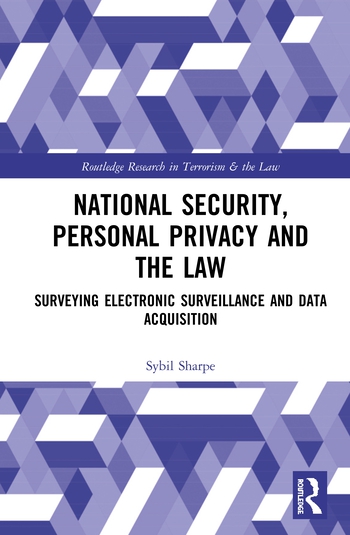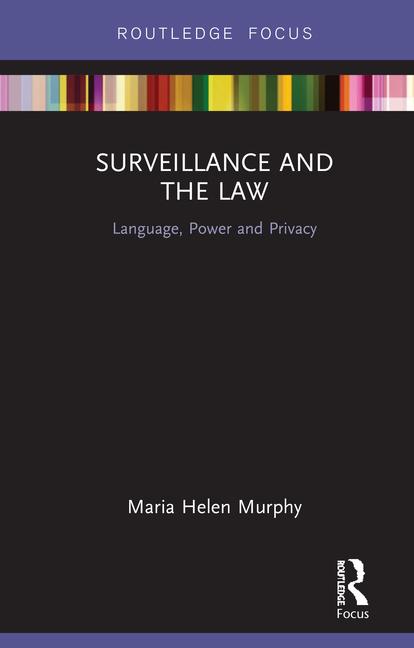An insurance company made payments in excess of $2 million to its insured, resulting from a fire loss. As the subrogee of the insured, the insurance company brought an action for subrogation against the contractor, subcontractor and suppliers, alleging gross negligence, breach of contract and strict liability.
The prime contract between the owner (insured) and the contractor contained a waiver of subrogation clause. This provided that the owner and contractor waive all rights against each other and any of their subcontractors, sub-subcontractors, agents and employees, for property damages caused by fire to the extent covered by property insurance.
In addition to the waiver of subrogation provision, the agreement also provided for the waiver of loss-of-use claims and consequential losses regardless of whether those damages were covered by property insurance.
The defendants claimed that they were entitled to summary judgment because the plaintiff’s action was barred by the waiver clauses in the prime contract.
The court compared the case to a previously decided alarm company case where the insurer sought to recover damages for the defendant’s (an alarm company’s) gross negligence in installing and maintaining a burglar alarm system at the insured’s residence.
The contract between the insured and the defendant contained a waiver of subrogation clause and an exculpatory clause. The court in that case concluded that an exculpatory clause in a contract will not shield a grossly negligent party from liability.
However, the insurer, as assignee of the insured, could not recover damages for which the insured had been paid under the policy. This gave effect to the waiver of subrogation clause, but not to the exculpatory clause.
In the case at hand, the court referred to the burglar alarm case and concluded that even if the plaintiff in this case could prove gross negligence on the part of the defendants, that would not defeat any waivers of subrogation under the terms of the agreement that they were otherwise entitled to assert.
However, the court held that since the contract provided for the waiver of loss-of-use claims and consequential losses regardless of whether those damages were covered by property insurance, that provision is an exculpatory clause rather than a waiver of subrogation clause.
Therefore, the court, relying on the previously decided court of appeals cases involving the alarm company, concluded that an exculpatory clause in a contract will not shield a grossly negligent party from liability. The court held that if the plaintiff can prove that the defendant was grossly negligent, the waiver of loss-of-use claims and consequential losses, regardless of whether those damages are covered by property insurance, will be defeated as to that defendant.
Therefore, the subcontractors’ and the general contractor’s motions for summary judgment were granted to the extent of property damage to the work and to non-work and were otherwise denied.





